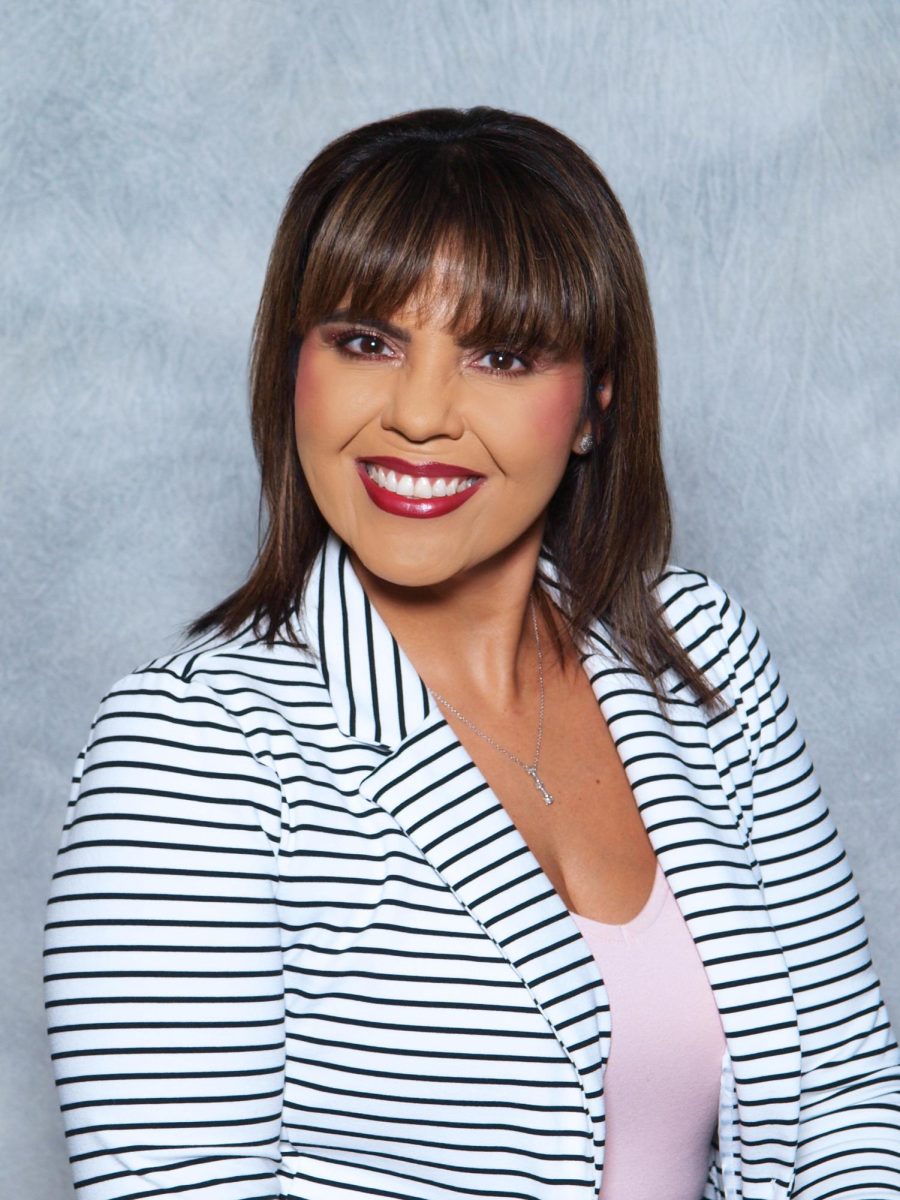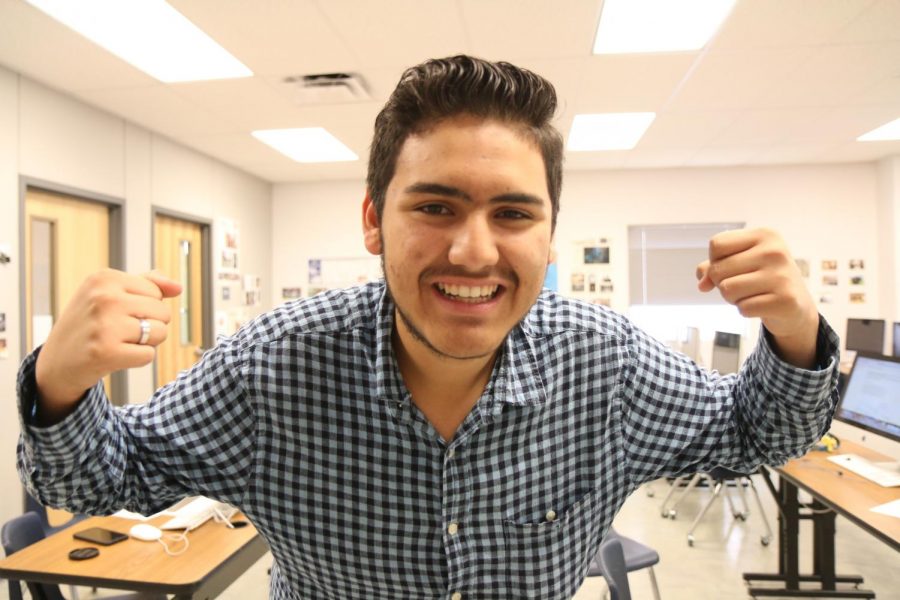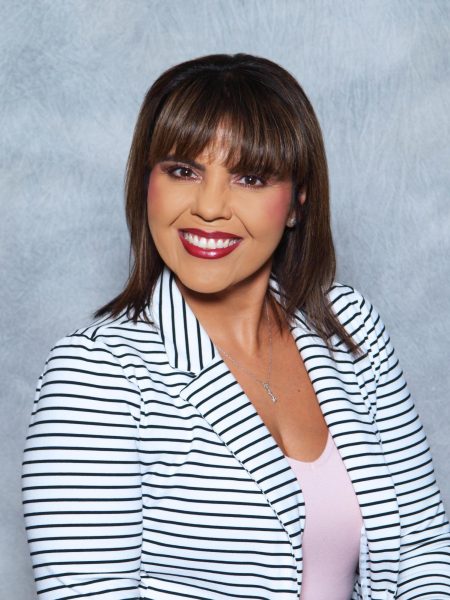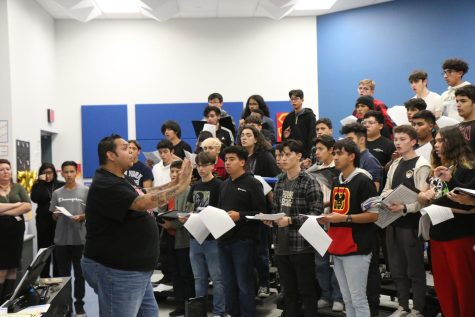Raising Awareness for Men’s Health
After a month of growing facial hair, Miguel Pacheco celebrates and promotes men’s health.
December 1, 2017
Each year starting Nov. 1, people are encouraged to set aside their razors and wax strips for 30 days. No Shave November is a movement for cancer patients who lose their hair during their medical treatment
Some of our very own faculty and staff do not know the true meaning of No Shave November.
“Honestly, I did not know that,” Mike Deal said. “I like the fact that it’s bringing attention to something that I didn’t even know about.”
The objective is simple, seize hair removal and donate the money that would normally go in to those products for cancer research and support. Companies and employers often waive their grooming policies to accommodate participants without any repercussions.
Contrary to popular belief, the movement is not solely reserved for men, women can partake in the 30-day-challenge as well. Initially in 2004, a group of men in Australia began the hair growth movement to raise awareness for prostate cancer and men’s health. As time progressed, the movement branched out in support of all forms of cancer and even extending to victims of sexual assault.
“I’m doing it for fun and because my dad is doing it too,” junior, Jonah Telas.
‘Movember’ occurs at the same time in November and the movements have a common thread running through. The objective of ‘Movember’ is to shave off your facial hair right before the start of November, and through the month, the participant simply grows it back with no interference. The main difference between the two is that ‘Movember’ is centered around men’s health primarily.
According to senior Miguel Pacheco, growing a beard for the month of November was difficult, but I was informed and wanted to make others more aware of the situation of mental health so I had to do it.
























